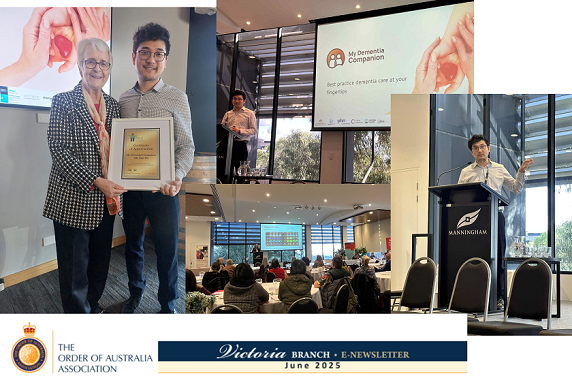Jun-Jul 24 content updates: manual handling, mobility, travel, banking, forgetting aids etc.
- Nan
- Jul 24, 2024
- 2 min read
Updated: Jul 27, 2024
As always, we have made the following updates based on the generous feedback from our users:
New Topic on 'Manual Moving and Handling', including practical videos for carers on how to do so safely and with dignity, aids and equipment to help, and much more
New Section on 'Mobility' as part of the 'Falls, mobility and movements with dementia' Topic
New Section on 'When not to travel alone'
New Section on 'Public transport and dementia'
New Section on 'Dispute and mediation' in your respective State/Territory
New Section on 'Ways to make banking and paying bills easier'
New Section on 'Remembering to use aids, equipment or assistive technology', e.g. forgetting walker
New information on 'cheating' in the Section 'Delusions, including paranoia, accusing and suspicion'
New information on privacy and consent regarding 'Aids and equipment for safe walking, and managing wandering and walk about', including sensors
Over 100 resource and link updates across carer burn out, meal preparation, 'I want to go home', apraxia, guilt and much more.
You can explore these Section by searching for related keywords.
Note: Please refresh your browser to see the updates.
Featured tip
Repetitive behaviours can be distressing for everyone and important, signaling needs that are unmet. As we always say, try to be a 'dementia detective' and find out that unmet need, then you strategies to deal with that behaviour will come naturally. This was the case for Pedro:
My wife keeps on tapping the table at night and it's very irritating. I couldn't understand why. My son visited one day and he asked her to play the keyboard with him and our grandson. Suddenly it all makes sense, she wanted to play music instead of watching TV with me. Now if she taps the table, I ask her if she wants to play, then I bring her old keyboard over to play. If doesn't want to, we just listen to music and let her tap away. I still don't like the tapping, but at least I know it's tapping to music and it makes both of us feel better.
Don’t forget to review the Section 'Repetitive behaviours' and 'Strategies to prevent and manage agitation' for more information.





Comments